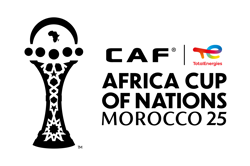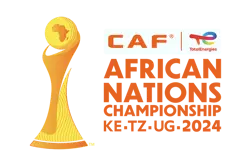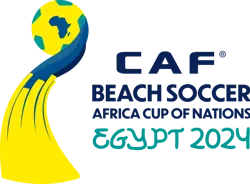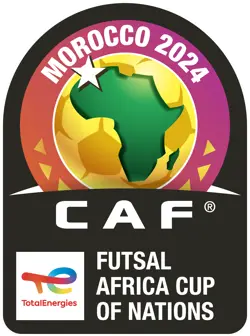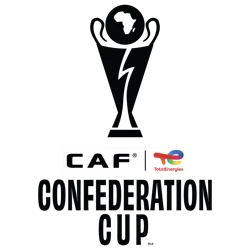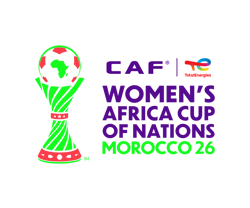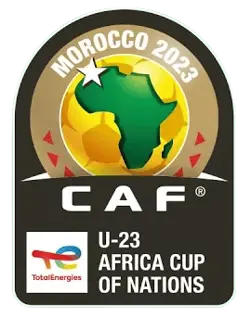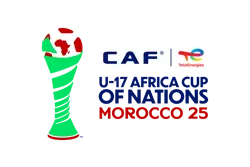Women’s Football a key part of CAF’s development agenda in 2024-25
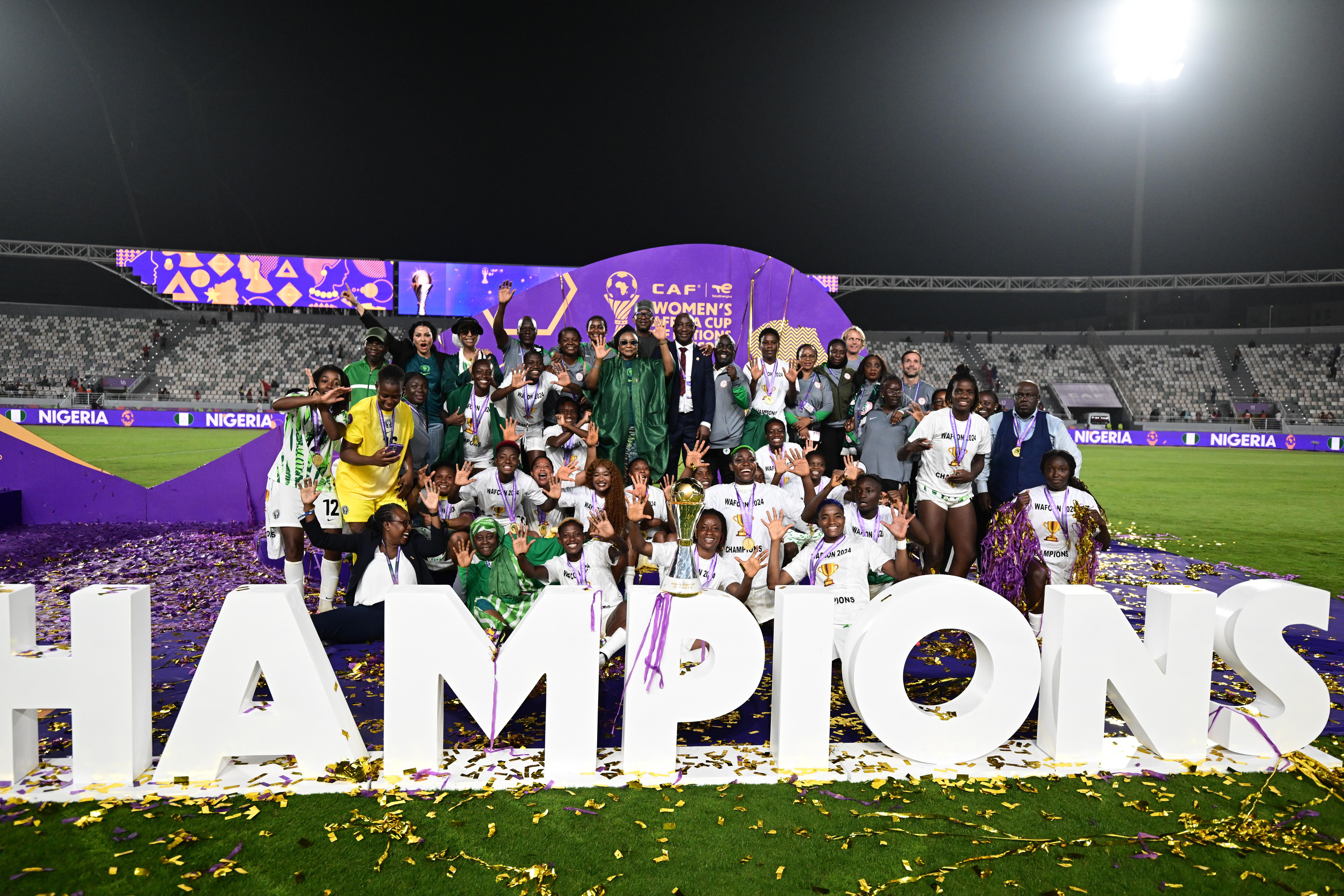
The Confédération Africaine de Football’s (CAF) Women’s Football Department marked 2024-25 as a year of growth, empowerment and tangible progress in shaping a sustainable future for the women’s game across Africa.
Through a comprehensive blend of education, leadership initiatives, competitions and grassroots development, CAF placed women firmly at the centre of football’s evolution on the continent.
A cornerstone achievement came through extensive capacity-building programmes delivered in partnership with Member Associations and Zonal Unions.
In Sierra Leone, Côte d’Ivoire, Cape Verde, Algeria, Ethiopia, and Cameroon, workshops equipped administrators, club leaders, and executives with governance, competition management, and strategic planning skills.
These sessions fostered regional cooperation and strengthened local football ecosystems.

Parallel to administration, CAF expanded technical development for women coaches by delivering women-only licensing programmes across Africa.
Safe and supportive learning environments in Gabon, Egypt, Central Africa, Mozambique, Liberia, Rwanda, and Nigeria resulted in 267 new licensed female coaches at D, C, and B levels.
These courses directly addressed barriers of representation and intimidation, creating visible role models and building pathways for women to step into influential technical and leadership roles at clubs and national teams.
Major competitions were used as platforms for lasting change. The CAF Women’s Champions League 2024 was accompanied by four legacy activities: wellness and safeguarding workshops for players, medical training for team doctors, a coaching exchange with captains and coaches, and a dedicated goalkeeping workshop in Morocco.

Each initiative improved welfare systems, raised technical standards, and left enduring benefits for both the host nation and the wider African football community.
“As the CAF WCL has evolved, we have witnessed an increase in the team’s level of competitiveness from season to season, with clubs continuously raising their performance standards,” CAF’s Head of Women’s Football, Meskerem Tadesse Goshime, said. “The league has not only elevated the game but has also contributed to the overall development of women’s football by creating a high-profile competitive environment.
“This, in turn, has attracted new fans and investment, helping to strengthen the financial and operational foundations of women’s football in Africa.”
Grassroots development took a leap forward with the launch of the Under-17 Girls Integrated Football Talent (GIFT) programme in Tanzania. Seven club teams from East and Central Africa participated, combining competition with education and capacity building.

Beyond the matches, young players and referees benefitted from safeguarding and health workshops, while coaches gained CAF D Licences.
Supported by UEFA and broadcast to inspire audiences across the continent, the pilot competition set a clear template for CAF’s vision of creating sustainable youth-to-elite pathways in women’s football.
“This initiative provides a crucial platform for girls to showcase their skills, fostering the growth of women’s football from the grassroots level,” Goshime, said. “It aligns with CAF’s broader strategy to increase participation in girls in football and ensure that young players have access to the support and development opportunities they need to progress in the sport.”

Historic moments such as Djibouti’s first female referee officiating abroad further underscored the programme’s impact.
Futsal development also came into focus with the CAF Women’s Futsal Technical Workshop in Morocco, where coaches exchanged knowledge, studied tactical trends, and built a collaborative framework to advance women’s futsal.
This reinforced CAF’s commitment to diversifying the women’s game beyond traditional formats, ensuring growth in specialised areas.
It led to the inaugural CAF Women’s Futsal Africa Cup of Nations that was staged in Morocco in April 2025.
At the heart of CAF’s vision is empowering women as leaders and educators. The Women’s Instructors Development Programme (WIDP) brought together 24 women from 19 countries in an intensive blend of online and in-person learning, covering leadership, pedagogy, and practical application.
This initiative not only enhanced instructional capacity but also created a continental network of female educators capable of delivering coach education at national levels. Complementing this, the EmpowerHER workshop in Cairo brought 20 women leaders together to build confidence, strengthen governance skills, and develop action plans. By focusing on “The Story of Self, Us, and Now,” the workshop inspired participants to embrace their leadership purpose and left them equipped to drive meaningful change in their organisations and communities.

Players themselves were not left behind. In partnership with FIFPro, CAF hosted player-centric workshops during the Women’s Africa Cup of Nations (WAFCON) 2024. Covering safeguarding, health, rights, and professional entitlements, these sessions gave players a direct voice and an opportunity to shape their professional environment. Discussions highlighted crucial issues such as maternity rights, prize money distribution, and injury management, leading to actionable recommendations that will strengthen protections and raise standards for future tournaments.
The initiative reflected CAF’s determination to not only grow the game but to safeguard those at its core.
Across all programmes, a common thread emerged: a deliberate strategy to combine education, inclusion, and empowerment with competition and visibility.
Whether through hundreds of newly qualified female coaches, administrators skilled in modern governance, referees gaining international exposure, or young girls engaging in grassroots festivals, CAF’s efforts created a ripple effect that touches every layer of the women’s football pyramid.
The 2024–25 period demonstrated how carefully designed interventions, anchored in collaboration with Member Associations and international partners, can build sustainable change.
CAF has shown that women’s football in Africa is not merely developing but thriving, driven by investment in people, pathways and platforms.
“For CAF, the focus remains on sustaining the positive momentum we’ve built in women’s football,” Goshime, said. “Achieving long-term sustainability and increasing professionalism in the women’s game is paramount. We are committed to providing continued support to Member Associations (MAs) and leagues to ensure the development of a regular women domestic leagues across the continent.”
